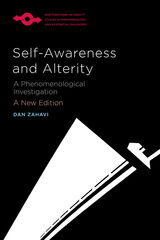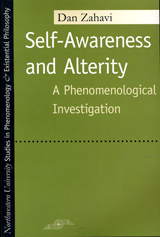
The second year is that daunting time when the previously docile and adorable infant inevitably develops a mind of her own. In this book, Jerome Kagan takes a provocative look at the mental developments underlying the startling transitions in the child’s second year.
It is Kagan’s premise that the roots of self-awareness emerge in the second half of the second year of life. He also suggests that the underlying cause may be more biological than social. His book develops these ideas through a series of brilliant observations on the behavior of two-year-olds.
Kagan charts, for example, the emerging sense of standards (the possibility of right and wrong) that reveals itself positively when the child suddenly begins to smile after a successful action, and negatively when the child starts to become concerned about flaws in objects and mistakes in her own behavior. When this concern with standards spreads to the child’s irresistible impulse to imitate adults, Kagan observes a remarkable phenomenon: the twenty-month-old child suddenly begins to show signs of distress before she even tries to imitate an action that is beyond her ability. Kagan argues that this distress could arise only from the child’s growing sense of what she can and can’t do—her awareness of herself.

As a contribution to the current philosophical debate concerning self-awareness, the book presents a comprehensive reconstruction of Husserl’s theory of pre-reflective self-awareness, thereby criticizing a number of prevalent interpretations. In addition, Zahavi also offers a systematic discussion of a number of phenomenological insights related to the issue of self-awareness, including analyses of the temporal, intentional, reflexive, bodily, and social nature of the self.
The new edition of this prize-winning book has been updated and revised, and all quotations have been translated into English. It also contains a new preface in which Zahavi traces the developments of the debates around self-awareness over the last twenty years and situates this book in the context of his subsequent work.

In the rigorous and highly original Self-Awareness and Alterity, Dan Zahavi provides a sustained argument that phenomenology, especially in its Husserlian version, can contribute something decisive to the analysis of self-awareness. Taking on recent discussions within both analytical philosophy (Shoemaker, Castaneda, Nagel) and contemporary German philosophy (Henrich, Frank, Tugendhat), Zahavi argues that the phenomenological tradition has much more to offer when it comes to the problem of self-awareness than is normally assumed. As a contribution to the current philosophical debate concerning self-awareness, the book presents a comprehensive reconstruction of Husserl's theory of pre-reflective self-awareness, thereby criticizing a number of prevalent interpretations and a systematic discussion of a number of phenomenological insights related to this issue, including analyses of the temporal, intentional, reflexive, bodily, and social nature of the self.
READERS
Browse our collection.
PUBLISHERS
See BiblioVault's publisher services.
STUDENT SERVICES
Files for college accessibility offices.
UChicago Accessibility Resources
home | accessibility | search | about | contact us
BiblioVault ® 2001 - 2024
The University of Chicago Press









